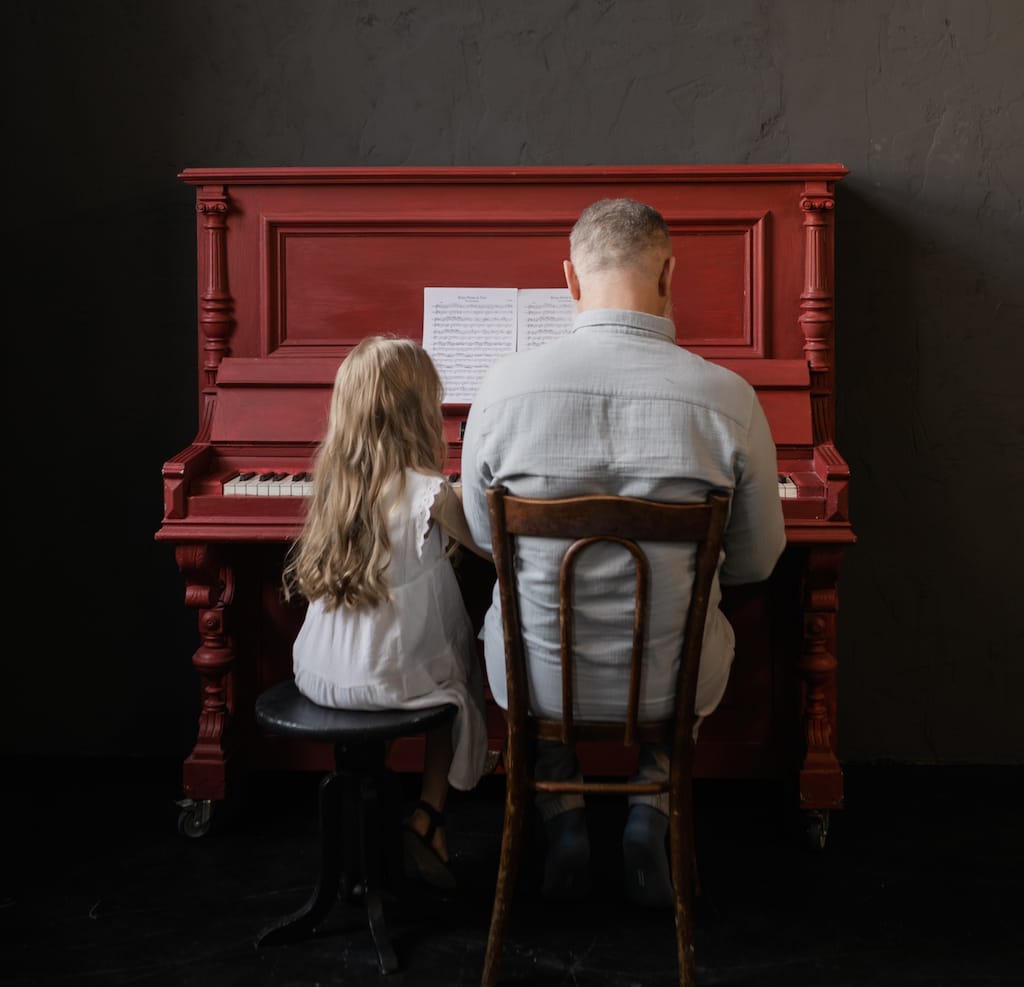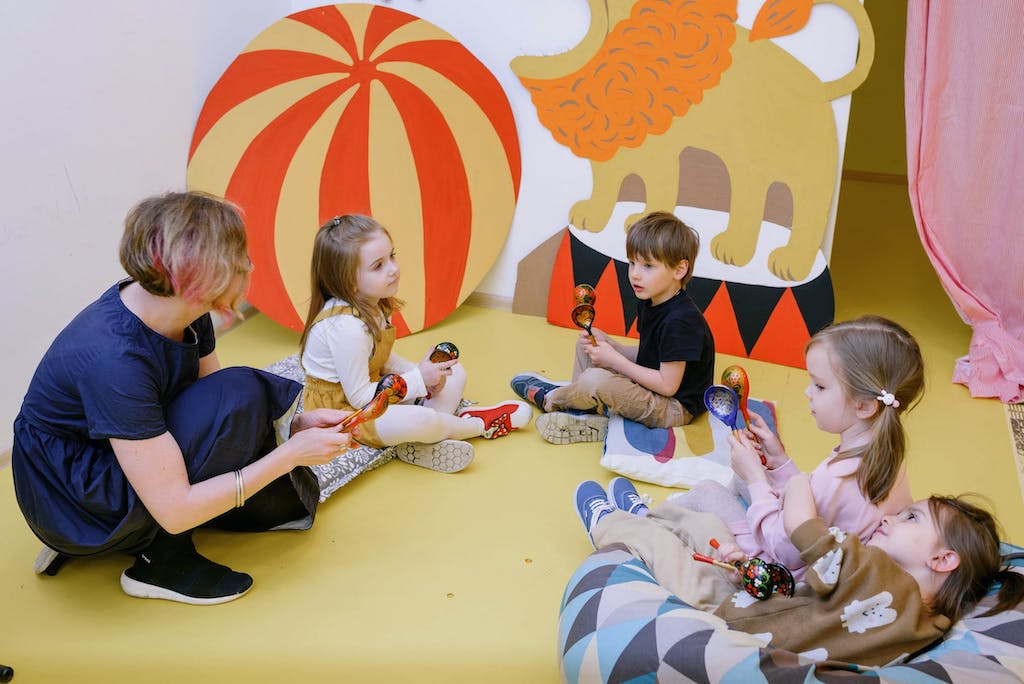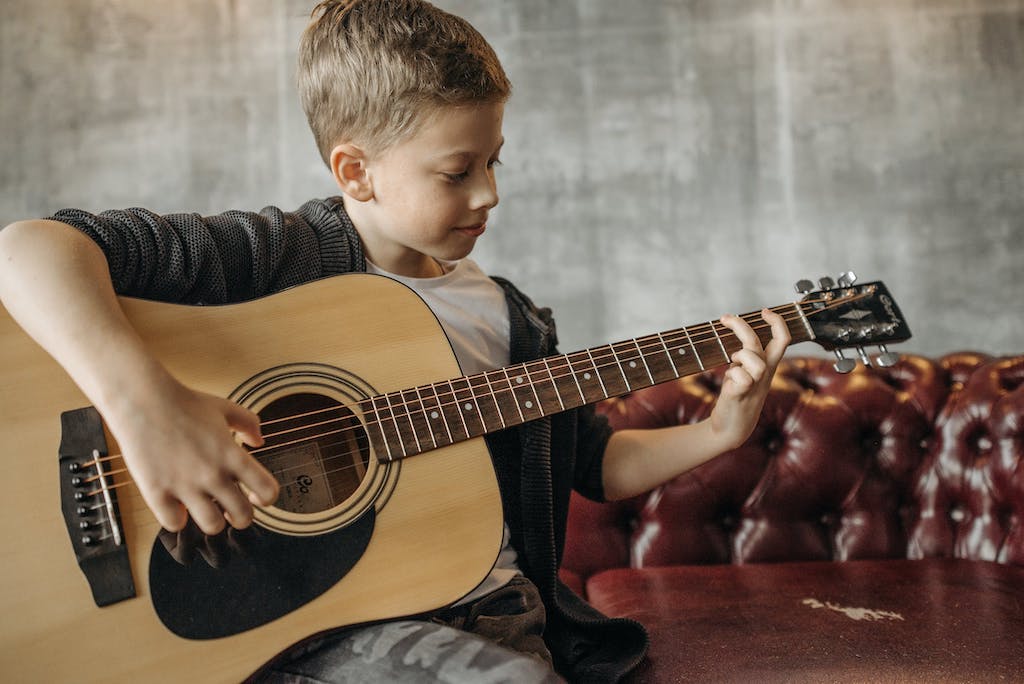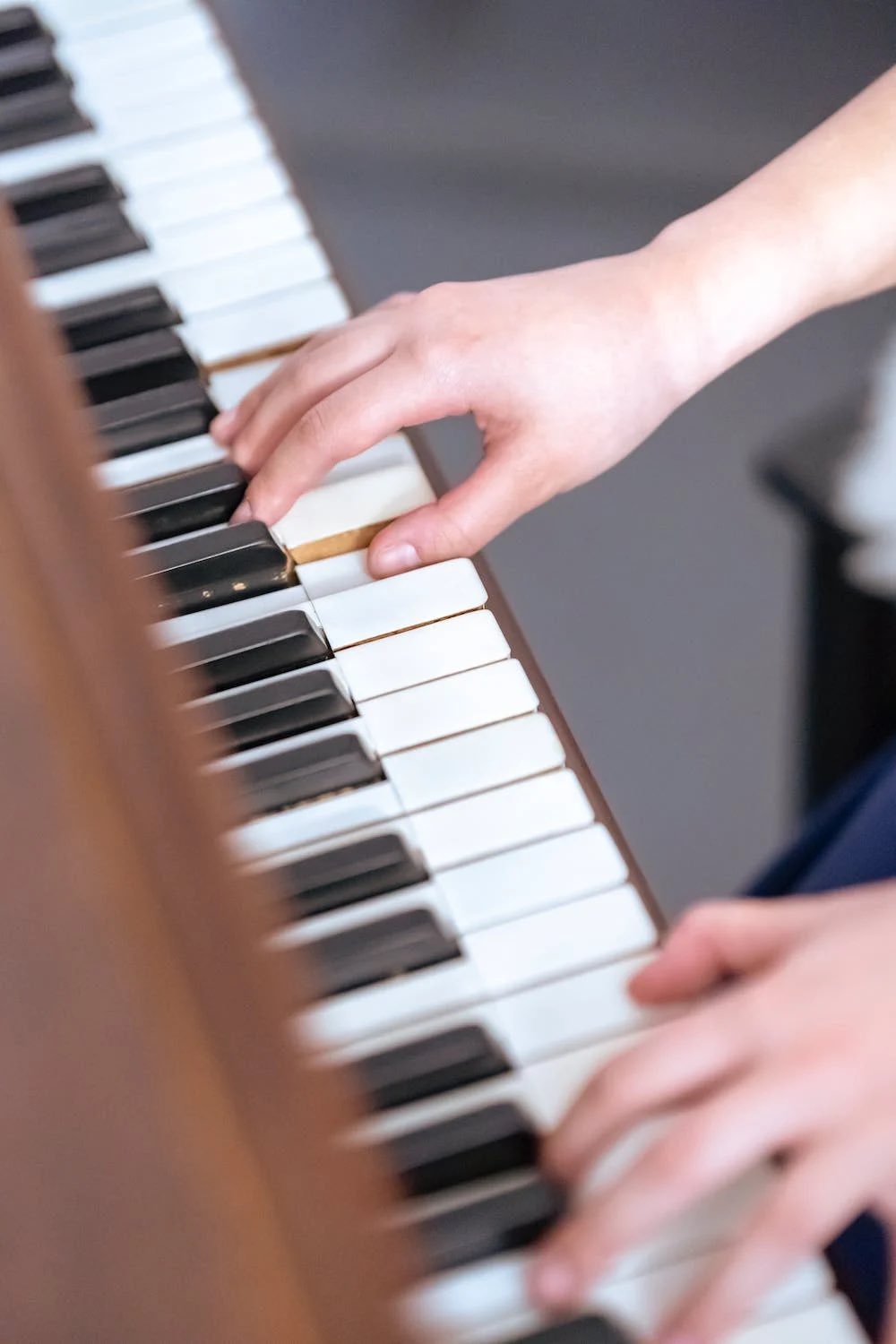The Best Age To Start Learning Music – From Experts And Artists

For many years, parents have debated what the best age might be for children to start taking music lessons. Parents thinking about beginning their child’s musical education usually fall into two distinct camps.
Some parents, inspired by stories of musical prodigies like Mozart completing a symphony by the age of eight, or in more modern times, Stevie Wonder recording his first studio album at the age of 11, enroll their children in music lessons as quickly as possible, hoping that early music education will give their precocious toddlers an advantage. Other parents, citing stories of how parental pressure to succeed in music has given many people a negative attitude toward music, postpone music lessons until the child expresses an interest on their own.
Though it seems like a contradiction, in a sense, both approaches are correct. If your child is enthusiastic about music, taking to their instrument the way other children might take to a favourite toy or video game, there is no reason to stop them from formal music education. However, if your child shows no interest in music and is resistant to formal music lessons, it certainly is not wise to force them to take lessons they do not want to take.
So, how does a parent know when it is right to begin music lessons? The key is to engage your child with music from an early age so you can more easily see their excitement when they hear a favourite melody, or the astonishment in their eyes when a song takes an unexpected turn.
How Young is Too Young to Begin Learning Music?
It is never too soon to begin a musical education, but that does not mean that formal music lessons are right for every child. According to Dr. Robert Cutietta, author of Raising Musical Kids, there is convincing evidence that a “window of opportunity” exists between infancy and the age of nine for children to develop what he calls “a musical sensibility.”

To do this, it is important to expose children to music, but that doesn’t mean children at this age necessarily need to take formal music lessons. Exposure to music could take many forms, including immersion in a musical environment or participation in musical games including dancing and singing. This also allows them to start developing a taste for a particular musical genre, whether it’s classical, the latest pop or hiphop hits, or oldies that their parents like.
More formal musical education might take place in the early years of school and preschool, not necessarily to begin playing an instrument. At the preschool stage musical education would have more general goals like being able to identify things like melody and rhythm or differentiate between the sounds of different musical instruments.
By around the age of five, after receiving this kind of general musical education, any child who is interested would be able to begin some type of formal instruction on an instrument. Of course, which musical instrument is another question entirely.

Different Instruments Have Different Requirements
Music lessons are not a “one-size-fits-all” proposition. Different instruments have different physical requirements for students, requiring specific physical development to be played.
There is a reason that children learning wind instruments will begin on the recorder before graduating to more physically demanding instruments like the flute or clarinet. Similarly, a student who is interested in guitar at an early age might begin by learning how to strum chords on a ukulele, which is smaller and better suited to a young child’s hands.
The physical size of the instrument is an important factor to consider when deciding whether your child is ready to start playing an instrument. Instruments like guitar, percussion, and trombone require more physical strength and coordination than many small children have.
Experts make recommendations based not only on the average physical development of children, but also on their psychological development. Formal music lessons require the ability to engage with the material and attend to the lessons, requiring children to be able to concentrate for specific periods of time. This requires an attention span of at least a half hour and, in some cases, the ability to deal with minor physical discomfort.

Recommended Ages to Begin Specific Instruments
| Age | Musical Instruments |
| 4 | Piano and Violin |
| 5 | Ukulele and Recorder |
| 6 | Viola and Cello |
| 7 | Flute, Saxophone, Clarinet, Guitar, Percussion |
| 8 | Trumpet and Trombone |
| 9 | Vocal Training |
The Joy of Learning Music
There are many developmental advantages to engaging your children with music from an early age. Children who learn instruments derive feelings of joy and accomplishment from mastering musical concepts and performing great pieces of music. It is also excellent for a child to receive the boost of self-esteem that comes from receiving the applause and admiration of peers and family members whenever they perform.
Conclusion
So, there are at least three answers to the question, “What is the best age to start music lessons?” First, as Dr. Cutietta recommends, children should be exposed to music in infancy and live in a music-rich environment, experiencing singing and music games prior to preschool. This exposure to music will prepare them for the time when they are virtual sponges for musical information.
Next, at around age three, children enter this developmental window in which their brains are functioning optimally to understand and absorb musical information. It is at this age that they should be exposed to their first systematic musical training.
Formal music lessons should begin after your child has been exposed to music at these levels and you have had a chance to gauge their interest. When you engage your child’s interest in music from an early age, it gives you the ability to see how they respond to various instruments and styles of music and allows you to encourage their active participation.





